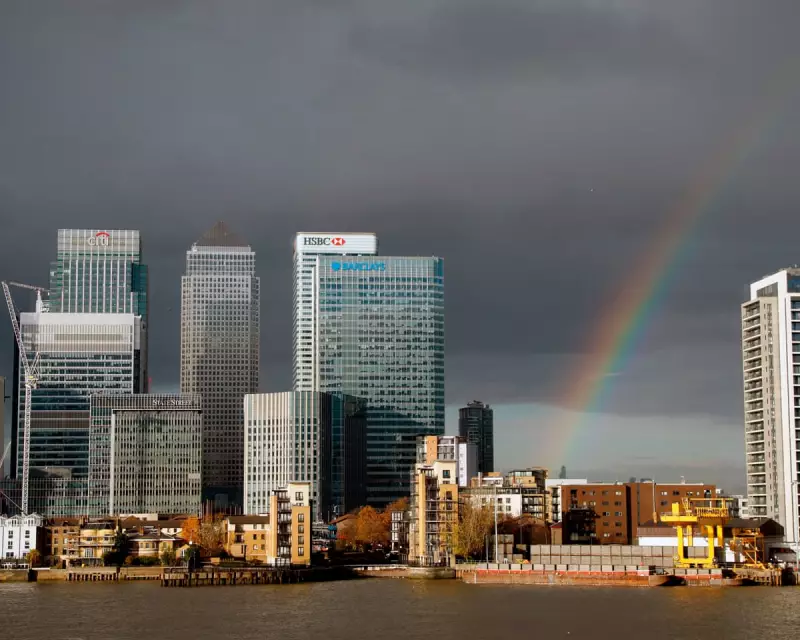
Britain's economic competitiveness has suffered a significant blow since leaving the European Union, with new analysis revealing the UK's productivity has fallen even further behind its key European rivals.
The £60 Billion Productivity Gap
According to research from the Resolution Foundation, the productivity gap between Britain and other advanced economies has widened alarmingly since the 2016 Brexit referendum. The UK now trails countries like Germany, France and the Netherlands by a staggering 16% - up from 13% before the vote to leave the EU.
This growing deficit represents a £60 billion annual hit to the British economy, creating a major headache for Chancellor Rachel Reeves as she prepares her crucial autumn budget.
London's Financial Dominance Under Threat
The report delivers particularly worrying news for the City of London, long considered the engine room of the UK economy. While the capital continues to outperform other British regions, its productivity advantage has actually narrowed since 2016.
Torsten Bell, chief executive of the Resolution Foundation, warned: "The UK's already-weak productivity has deteriorated further since the pandemic, with London's previously dynamic economy now showing signs of stagnation."
Budget Constraints Loom for New Government
The timing couldn't be worse for the Labour government. The analysis suggests that without a dramatic productivity improvement, the Treasury faces:
- Reduced tax revenues from struggling businesses
- Limited scope for public spending increases
- Tougher choices between investment and fiscal responsibility
- Long-term damage to living standards
Chancellor Reeves now faces the monumental task of addressing this productivity crisis while maintaining fiscal discipline - a challenge that could define her political legacy.
Beyond the EU: A Wider Competitive Struggle
While the EU comparison makes sobering reading, the problems run deeper. The UK's productivity growth has lagged behind not just European neighbours but also the United States, suggesting structural issues that predate Brexit.
However, the data clearly shows that leaving the single market has exacerbated existing weaknesses, particularly affecting trade-intensive sectors and London's service-based economy.
As the budget approaches, all eyes will be on whether the Chancellor can devise a strategy to reverse this worrying trend and put UK productivity back on a competitive footing.





